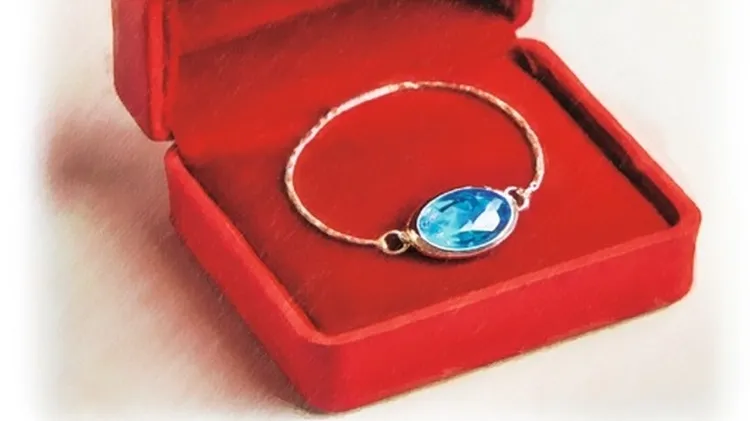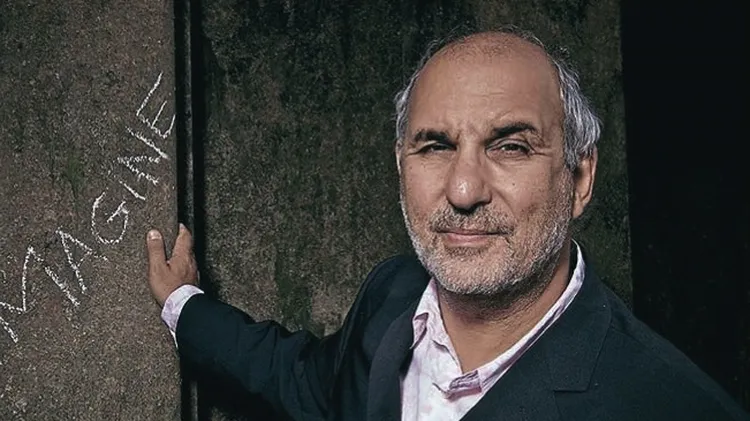Who better to offer advice on writing unre
Unreliable narrators and uncooperative protagonists
12 min read
This article is from...
Read this article and 8000+ more magazines and newspapers on Readly






